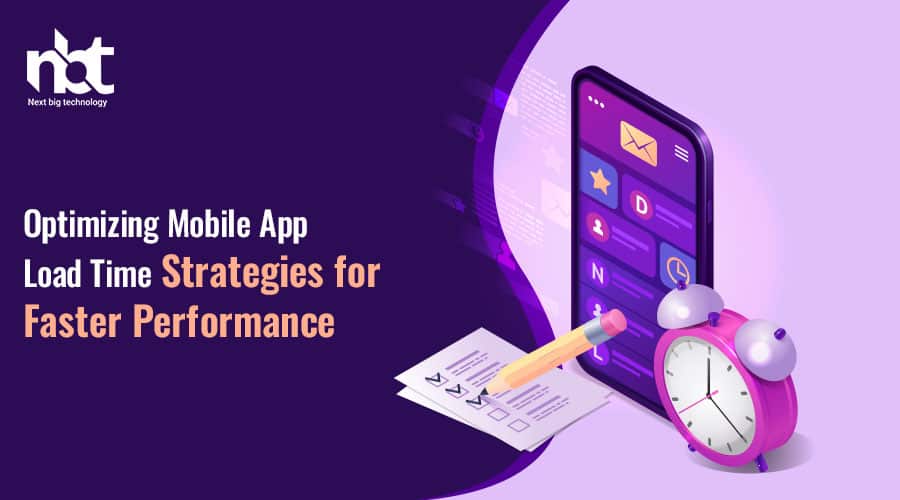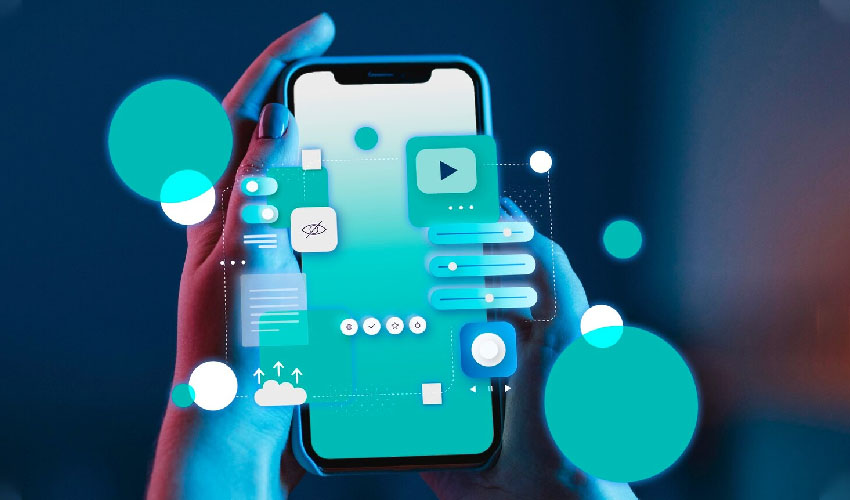Table of Contents
Introduction
Why Mobile App Load Time Matters
The first impression matters, especially in the digital world. When a user opens a mobile app, the time it takes to load significantly influences their overall experience. Slow load times can lead to frustration and, ultimately, result in users abandoning the app. Understanding the importance of load time sets the foundation for effective optimization strategies.
Understanding Mobile App Load Time

Factors Affecting Load Time
Numerous factors contribute to the load time of a mobile app. From network latency to inefficient coding, each element plays a role in either speeding up or slowing down the loading process. Identifying these factors is crucial for devising targeted optimization strategies.
Impact on User Experience
Load time directly impacts user experience. Users expect instant access to the content or features they seek. A delay in loading can lead to a negative perception of the app, affecting user satisfaction and engagement.
Importance of Faster Performance
User Retention
Apps that load quickly are more likely to retain users. Fast-loading apps contribute to a seamless user experience, encouraging users to return and explore the app regularly. User retention is a key metric for the success of any mobile application.
Conversion Rates
For apps with e-commerce functionalities or specific calls-to-action, faster load times positively impact conversion rates. Users are more likely to make a purchase or complete desired actions when the app responds promptly.
Common Challenges in Mobile App Load Time
Network Latency
One of the primary challenges in mobile app load time is network latency. The speed at which data travels between the user’s device and the server hosting the app can significantly affect loading times.
Resource Heavy Apps
Apps with large files, high-resolution images, or extensive features may take longer to load. Balancing the richness of features with load time is a common challenge for app developers.
Inefficient Coding
The efficiency of the codebase directly influences load time. Inefficient coding practices can lead to delays in execution, slowing down the overall loading process.
Strategies for Optimizing Mobile App Load Time
Image and Resource Compression
Optimizing images and compressing resources reduce the overall size of the app, resulting in faster loading times. Implementing efficient compression algorithms without compromising quality is key.
Minimizing HTTP Requests
Reducing the number of HTTP requests needed to load an app minimizes latency. Combining files, utilizing sprites, and implementing resource consolidation are effective strategies.
Asynchronous Loading
Loading non-essential elements asynchronously allows critical components to load first, providing users with a functional interface while additional content continues to load in the background.
Caching Techniques
Caching frequently accessed data locally on the user’s device speeds up subsequent visits. Implementing smart caching strategies enhances the overall performance of the app.
Code Splitting
Breaking down the app’s code into smaller, manageable chunks enables faster initial loading. Code splitting is particularly effective in large applications with extensive functionality.
Mobile App Load Time Testing
Importance of Testing
Regular testing is essential to identify potential bottlenecks and areas for improvement. Load time testing ensures that the app performs optimally under various conditions, providing a consistent user experience.
Tools for Load Time Testing
A variety of tools are available for load time testing, ranging from simple online tools to comprehensive testing suites. Choosing the right tools based on the app’s complexity and requirements is crucial for accurate assessments.
User-Friendly Design and Load Time
Streamlining User Interface
A clutter-free and intuitive user interface contributes to faster load times. Simplifying the design and minimizing unnecessary elements enhance both the aesthetic appeal and performance of the app.
Prioritizing Critical Content
Identifying and prioritizing critical content ensures that essential features load quickly. By focusing on delivering core functionality first, users can interact with the app without experiencing significant delays.
Case Studies of Successful Load Time Optimization
Examples from Popular Apps
Several successful apps have prioritized load time optimization. Examining case studies of well-known applications provides insights into effective strategies and the resulting benefits.
Outcomes and Benefits
Apps that have successfully optimized load times often experience increased user engagement, higher retention rates, and improved overall satisfaction. Understanding the outcomes reinforces the importance of load time optimization.
Balancing Features and Load Time
Prioritizing Features
Balancing the inclusion of new features with maintaining optimal load times requires strategic decision-making. Prioritizing features based on user needs and preferences is crucial for sustained success.
Continuous Improvement
Load time optimization is an ongoing process. Regularly evaluating performance metrics, user feedback, and technological advancements allows for continuous improvement and adaptation to changing user expectations.
Impact on SEO and App Store Rankings
Search Engine Algorithms
Search engines consider mobile app performance as a ranking factor. Apps with faster load times are more likely to rank higher in search results, increasing visibility and discoverability.
User Reviews and Ratings
Positive user experiences, facilitated by fast load times, contribute to favorable reviews and ratings. Higher ratings not only attract new users but also influence app store algorithms, further enhancing visibility.
Future Trends in Mobile App Optimization
Emerging Technologies
The future of mobile app optimization lies in emerging technologies such as artificial intelligence and machine learning. These technologies can predict user behavior and dynamically optimize load times.
Predictive Optimization
Predictive optimization, driven by data analytics, anticipates user interactions and preloads content, reducing perceived load times. This proactive approach is expected to become a standard in mobile app development.
Conclusion
In summary, optimizing mobile app load time is crucial for ensuring a positive user experience and the success of an application. By understanding the factors influencing load times and implementing effective strategies, developers can create apps that not only meet user expectations but also stand out in a competitive market.
Thanks for reading our post “Optimizing Mobile App Load Time: Strategies for Faster Performance”. Please connect with us to know more about Optimizing Mobile App Load Time.













